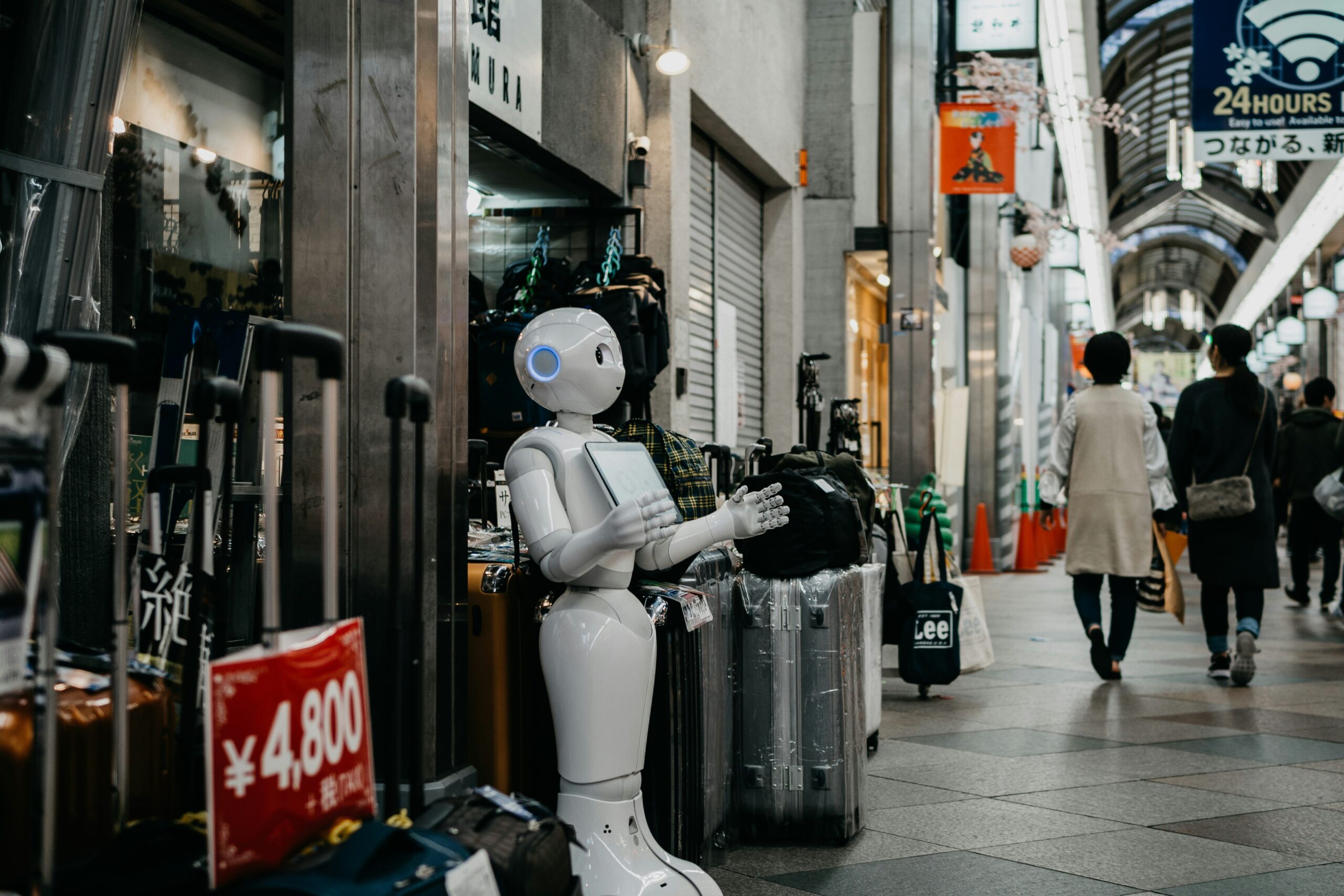The Ethics of AI: Balancing Innovation with Responsibility

The Ethics of AI: Balancing Innovation with Responsibility
The Ethics of AI: Balancing Innovation with Responsibility in the Age of Machines
Artificial intelligence (AI) is rapidly transforming our world, from facial recognition software to self-driving cars. While innovation in AI brings undeniable benefits, its development and deployment raise crucial ethical questions. Striking a balance between responsible AI development and accelerating innovation is paramount to ensure AI serves humanity for good.
The Ethical Landscape of AI: A Multifaceted Challenge
The ethical considerations surrounding AI are complex and multifaceted:
- Bias and Fairness: AI algorithms trained on biased data can perpetuate discrimination in areas like hiring, loan approvals, or criminal justice. Ensuring fairness and inclusivity in AI development is crucial.
- Transparency and Explainability: Many AI systems operate as “black boxes,” making it difficult to understand how they arrive at decisions. Transparency in AI decision-making is essential to build trust and accountability.
- Privacy and Data Security: AI relies heavily on personal data. Robust data security practices and clear user consent are essential to protect individual privacy.
- Job displacement and Automation: AI automation may lead to job losses in certain sectors. We need strategies for reskilling and upskilling the workforce to navigate this transition.
- Weaponization of AI: The potential misuse of AI in autonomous weapons raises serious ethical concerns. International cooperation is needed to regulate the development and use of such technologies.
These are just a few of the ethical challenges surrounding AI. Addressing them requires a collaborative effort from various stakeholders.
Building a Responsible AI Ecosystem: A Shared Responsibility
The responsibility for ethical AI development doesn’t lie solely with tech companies. Here’s how different actors can contribute:
- Tech Companies: Developing fair, transparent, and accountable AI systems should be a priority for tech companies. Investing in bias detection and mitigation strategies is essential.
- Governments: Governments can establish ethical frameworks and regulations to guide responsible AI development and deployment.
- Academia: Research institutions play a crucial role in developing ethical guidelines and educating future generations of AI developers and users.
- Civil Society Organizations: NGOs and civil society organizations can advocate for public awareness about the ethical implications of AI and hold stakeholders accountable.
- Individuals: As users of AI-powered technologies, individuals have a responsibility to be informed about the ethical implications and use these technologies critically and responsibly.
The Road Ahead: A Human-Centric Future for AI
The future of AI hinges on ensuring its development and use align with human values. Here are some key considerations for moving forward:
- Human-in-the-Loop Systems: Designing AI systems that prioritize human oversight and control can mitigate risks and ensure ethical use.
- Focus on Human Well-being: The ultimate goal of AI should be to improve human well-being. Development and deployment decisions should prioritize positive societal impact.
- Public Dialogue and Education: Open and inclusive dialogue about the ethics of AI is essential to build public trust and shape the future of this powerful technology.
By prioritizing ethical considerations, we can harness the immense potential of AI to create a more just, equitable, and beneficial future for all. The choice is ours: to build AI that serves humanity, or to become servants to the machines we create.


